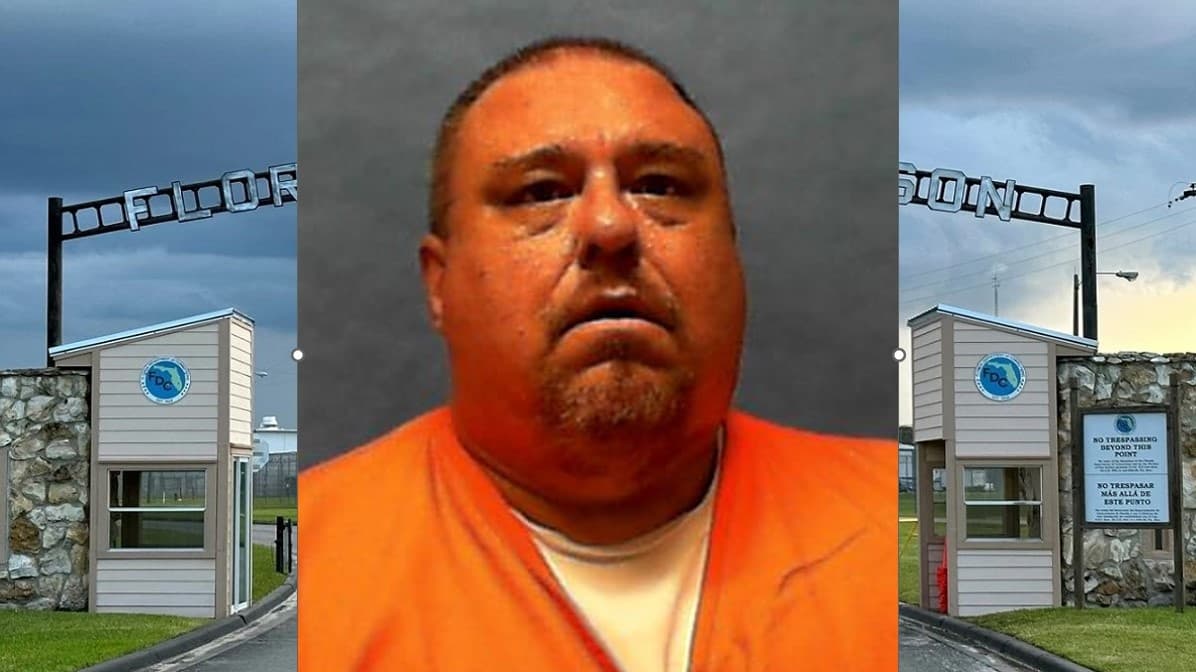Florida Sets Execution Date for Convicted Killer Frank Athen Walls
On November 19, 2025 Florida Governor Ron DeSantis signed a death warrant scheduling the execution of Frank Athen Walls for December 18, 2025. The move closes another chapter in a case that spans decades, involving multiple convictions, retrials, admissions to other killings, and ongoing legal appeals that matter to true crime followers and criminal justice observers.

Florida Governor Ron DeSantis signed a death warrant on November 19, 2025 setting the execution of Frank Athen Walls for December 18, 2025. Walls, now 58 years old, was originally convicted for the fatal shootings of a man and a woman during a 1987 home invasion in the Florida Panhandle. That conviction was later overturned, he was retried and reconvicted, and he has acknowledged involvement in additional killings. Authorities say he also pleaded no contest in a separate 1987 rape and murder.
The scheduled execution comes amid an unusually high number of executions in Florida in 2025, a trend that has drawn attention from legal observers and the public. For those who follow true crime, Walls represents a case with a long procedural history, multiple victims, and layers of legal review that illuminate both the investigative work of the 1980s and the modern appellate system.
Walls faces a tightly drawn timeline between the signing of the death warrant and the execution date. Defense attorneys are expected to pursue last minute appeals in state and federal courts, a common pattern in capital cases where additional motions, stays and petitions to higher courts can emerge in the final weeks. The case’s history of an overturned conviction followed by a retrial adds a particular appellate dimension that will likely shape the defense strategy in the coming weeks.
For readers who track case details and evidence, the Walls matter underscores the ways long unresolved or reopened cases can evolve. His admissions to other killings and a separate no contest plea present a composite criminal record that investigators and prosecutors have relied upon during successive prosecutions. At the same time, the retrial process and the active appeals path highlight procedural safeguards and the contested nature of death penalty litigation.
Community interest in Walls’s scheduled execution will extend beyond courtroom outcomes. True crime enthusiasts who follow legal precedents, case files, and the historical context of violent crimes in the Florida Panhandle will find relevance in how this case is handled at the end stages. The upcoming weeks will likely see filings from defense counsel seeking stays or other relief, and observers will be watching how state and federal courts respond.
As the December 18, 2025 date approaches, the case will serve as a focal point for discussions about capital punishment policy in Florida, the handling of long running criminal matters, and the role of appellate review in cases that date back decades.


